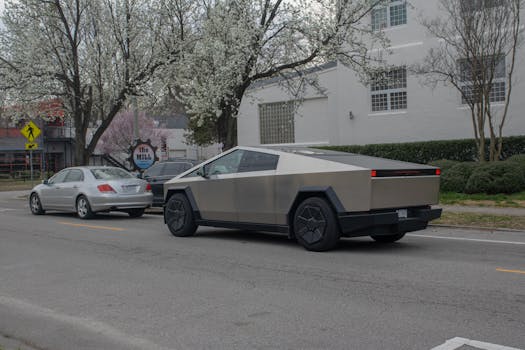
Smart Cities: Urban Trends for 2025
Smart Cities are revolutionizing the way we live, work, and interact with our surroundings. As we approach 2025, it’s essential to explore the latest urban trends that will shape the future of our cities. Smart Cities are at the forefront of innovation, incorporating cutting-edge technologies to create sustainable, efficient, and livable environments.
Introduction to Smart Cities

Smart Cities are urban areas that utilize information and communication technologies (ICT) to enhance the quality of life for citizens, improve sustainability, and increase economic growth. These cities are designed to be more efficient, responsive, and resilient, providing a better environment for residents, businesses, and visitors.
Key Features of Smart Cities

Some of the key features of Smart Cities include:
- Smart Infrastructure: Intelligent transportation systems, energy-efficient buildings, and advanced water management systems.
- IoT Sensors: Internet of Things (IoT) sensors that monitor and manage traffic, air quality, noise pollution, and waste management.
- Data Analytics: Advanced data analytics platforms that provide insights into city operations, helping to optimize services and improve decision-making.
- Citizen Engagement: Digital platforms that enable citizens to participate in urban planning, provide feedback, and access city services.
Urban Trends for 2025

As we look ahead to 2025, several urban trends are expected to shape the future of Smart Cities. These include:
- Sustainable Transportation: Electric and self-driving vehicles, hyperloops, and advanced public transit systems.
- Green Infrastructure: Urban parks, green roofs, and green spaces that help to mitigate the urban heat island effect and improve air quality.
- Energy Efficiency: Building codes and regulations that promote energy-efficient design, renewable energy sources, and smart grids.
- Smart Waste Management: Advanced waste collection and recycling systems that utilize IoT sensors, AI, and data analytics to optimize waste management.
Case Studies: Successful Smart City Initiatives

Several cities around the world are already implementing Smart City initiatives, achieving significant benefits for citizens, businesses, and the environment. Some notable examples include:
- Barcelona’s Smart City Program: A comprehensive initiative that includes smart lighting, waste management, and urban mobility solutions.
- Singapore’s Smart Nation Initiative: A nationwide effort to harness ICT and data analytics to improve public services, transportation, and urban planning.
- Copenhagen’s Carbon Neutral Initiative: A ambitious plan to become carbon neutral by 2025, through the use of renewable energy, green infrastructure, and sustainable transportation.
Conclusion

Smart Cities are the future of urban development, offering a unique opportunity to create sustainable, efficient, and livable environments. As we approach 2025, it’s essential to stay informed about the latest urban trends and technologies that will shape the future of our cities. By embracing innovation and collaboration, we can create a better future for generations to come.





